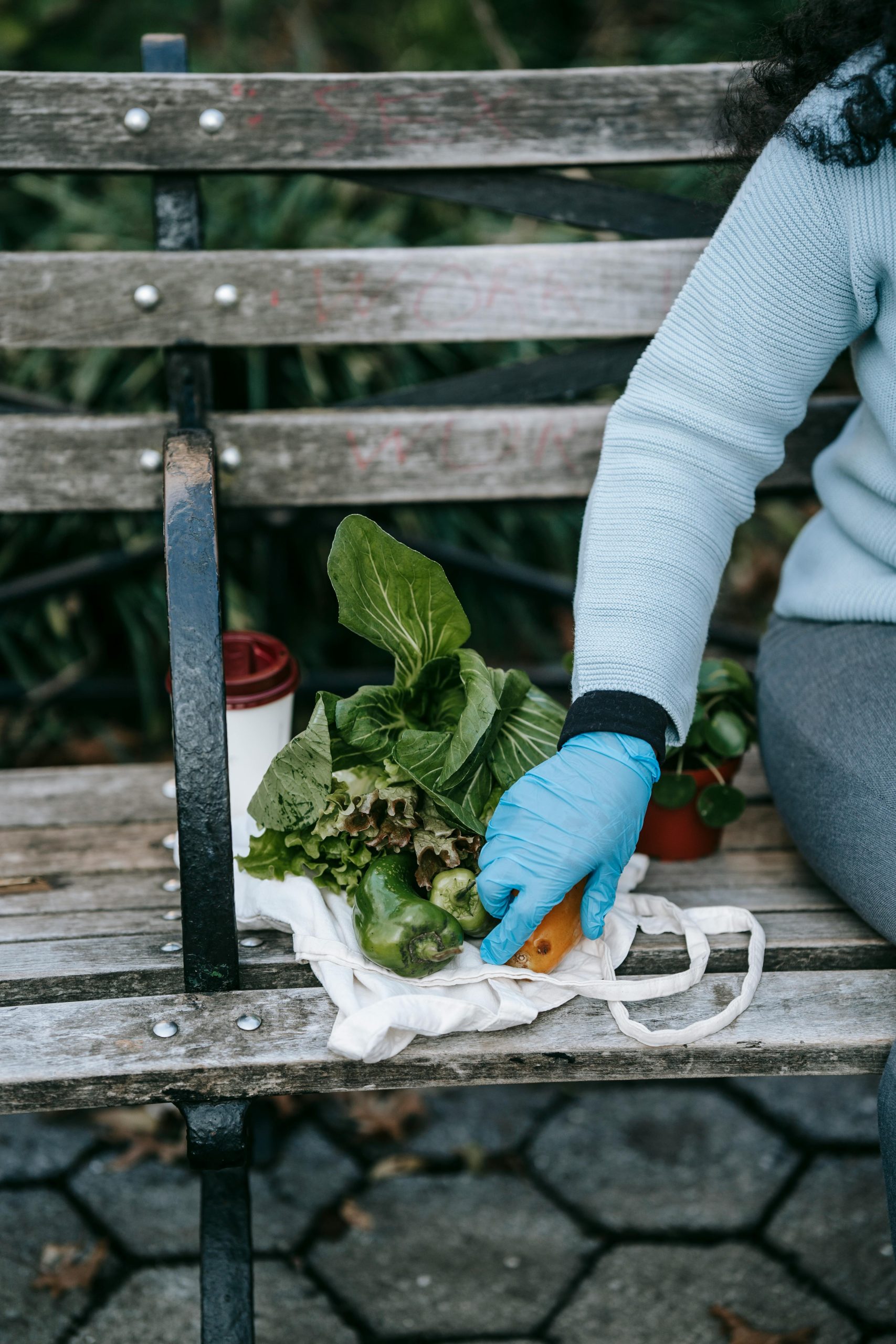Grocery store employees have a unique, behind-the-scenes perspective on the food we eat. They see how products are handled, how long they sit in the back room, and which items offer the worst value for the money. This insider knowledge fundamentally changes how they shop for their own families. While every store is different, there are several common items and sections that many experienced grocery workers will not buy from their own place of employment. Their choices reveal a lot about the hidden realities of the grocery business.

Image Source: pexels.com
1. Pre-Cut Produce
The convenience of buying pre-cut fruits and vegetables comes at a steep price, both in terms of money and safety. Employees know that the markup on these items is enormous. More importantly, they know that the extra handling required to chop the produce dramatically increases the risk of bacterial contamination. They would rather take a few minutes to cut their fresh produce at home.
2. Anything from the Hot Bar or Salad Bar
Hot bars and salad bars are notoriously difficult to maintain at safe temperatures, and they present a high risk for cross-contamination from other shoppers. An employee knows exactly how long that food has been sitting out under a heat lamp or on an ice bed. They will almost always avoid eating from these self-serve stations, especially near the end of the day.
3. The Last Sliced Deli Meat of the Day
Grocery workers understand the importance of cleaning the deli slicer, but they also know how big a chore it is. They are often skeptical about how thoroughly the machine is cleaned every single night. For this reason, many employees are hesitant to buy the last batch of meat sliced at the end of the day, as it has the highest chance of being cross-contaminated with other products.
4. Pre-Made Guacamole and Dips
The “store-made” guacamole in the deli section is often made from produce that is about to expire. Employees see the browning avocados and soft tomatoes that are designated for the guacamole pile. While it prevents food waste for the store, they know they can make a much fresher and better-tasting version at home for less money.
5. Brand-Name Spices
Employees who stock the shelves see the massive price difference between the tiny glass jars of brand-name spices and the store’s private-label version. They know that the quality is often identical. No savvy grocery worker would ever pay five dollars for a small jar of McCormick garlic powder when they know the two-dollar store brand next to it is just as good.
6. Out-of-Season Produce
A grocery store can get almost any fruit or vegetable year-round, but an employee knows that “out-of-season” produce is a bad buy. That’s because it has been shipped from thousands of miles away, picked before it was ripe, and has lost much of its flavor and nutritional value. They stick to buying produce that is currently in season, as it is fresher, tastier, and usually cheaper.
7. Bagged Salads

Image Source: pexels.com
Bagged salads are another convenience item that many employees avoid. They are much more expensive than buying a head of lettuce and other vegetables separately. More importantly, they have been the subject of numerous recalls for bacterial contamination, like Listeria and E. coli, due to the extensive processing they undergo.
8. Damaged Canned Goods
Shoppers might be tempted by a discount on a can with a small dent, but grocery workers know to leave it on the shelf. A dent, especially near the seam of the can, can create a microscopic break in the seal. This can allow air and bacteria to enter, leading to the risk of botulism, a rare but potentially fatal foodborne illness.
9. Seafood on a Monday
This is a classic piece of kitchen wisdom that also applies to grocery stores. Many stores get their fresh fish deliveries on Tuesdays and Fridays. Therefore, the seafood for sale on a Monday is often the leftover stock from the weekend. An employee looking for the freshest possible fish will wait until a new delivery day to make their purchase.
10. Items from a Disorganized Freezer Case
A messy, overstuffed freezer case is a red flag for grocery employees. It suggests that the products have not been properly rotated and that some items may have been left out to thaw and then been refrozen. This “temperature abuse” can ruin the texture of food and create a risk for bacterial growth, so they will avoid buying from a freezer that is not well-maintained.
Shopping Like an Insider
The shopping habits of grocery workers offer a valuable lesson for all consumers. By thinking critically about freshness, value, and food safety, you can avoid the worst deals and the riskiest products in the store. A little bit of insider knowledge can help you make smarter, healthier, and more economical choices every time you shop.
Are you a current or former grocery worker? What items would you add to this list? Share your insider tips in the comments.
Read More
7 Things Retail Workers Know You Should Never Buy Full Price
